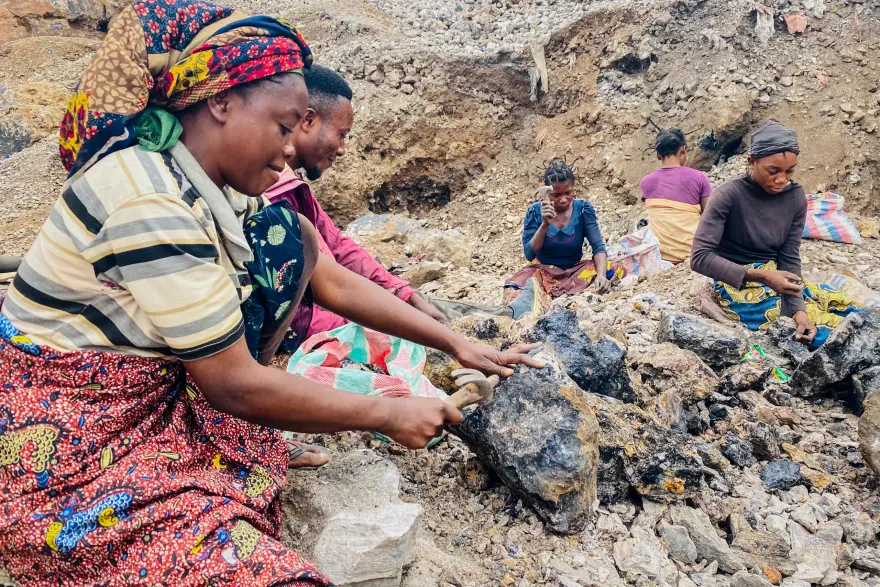Senegal Secures €17 Million from Germany to Boost Vocational Training and Jobs


Quidah is an online platform that connects investors with curated opportunities and expert insights on Africa’s emerging markets, while offering businesses promotional services, partnership facilitation, and market intelligence to attract capital and grow their operations.
Industries
Senegal and Germany recently formalised a €17 million financing agreement aimed at strengthening the country’s vocational training landscape and expanding youth employability. The funds will support the construction and equipping of vocational training centres in key regions, bolster the national Vocational Training Fund, and back complementary initiatives to scale youth training programmes across sectors.
Vocational training (TVET) in Senegal plays a pivotal role in bridging the gap between education and work. One notable initiative is PF2E (Programme de Formation École-Entreprise), a dual model where trainees alternate between formal training centers and work placements. PF2E spans sectors such as industry, construction, agriculture and transformation, hospitality, and ICT, and is offered to candidates after basic schooling. Complementing this, the PFPI (Formation Professionnelle & Insertion) project, backed by foundations and public-private partners, targets 183,000 youth—70% of whom are women—by offering demand-driven, market-aligned training, entrepreneurship support, and transitions into employment.
This German grant comes amid ongoing TVET reforms led by multilateral and bilateral actors. The GIZ “Fit for the Labour Market” initiative is enhancing alignment between training programmes and private-sector needs, including gender equity and emerging trades. Meanwhile, KfW is financing an ISEP centre dedicated to training in energy and environmental skills, designed with sustainable architecture and inclusive pedagogy. In addition, a recent Memorandum of Cooperation between Senegal, JICA and firms like NEC, Toyota, Daikin and others seeks to boost industrial skills training at the CFPT-SJ vocational center through sector-specific programs in agriculture, digital tech, and health.
For investors and businesses, this concerted investment in human capital opens multiple avenues. Companies can partner to supply training equipment, digital learning platforms, curriculum development, and LMS systems. There is room for vocational centres to operate semi-autonomously, outsourcing course delivery or certification to private entities. In sectors like energy, agriculture, manufacturing and ICT, having a pipeline of skilled graduates assures firms of local talent. Moreover, investors aligned with training and employment ecosystems may tap into incentives, public contracts, and shared infrastructure investments in training hubs.
In short, Senegal’s new funding is more than a grant—it’s a signal that the country is doubling down on skills development as a foundation for industrial growth. As training systems scale in alignment with market demands, early partners in educational platforms, facility infrastructure, and private training finances stand to ride the next wave of Africa’s job-driven transformation.


